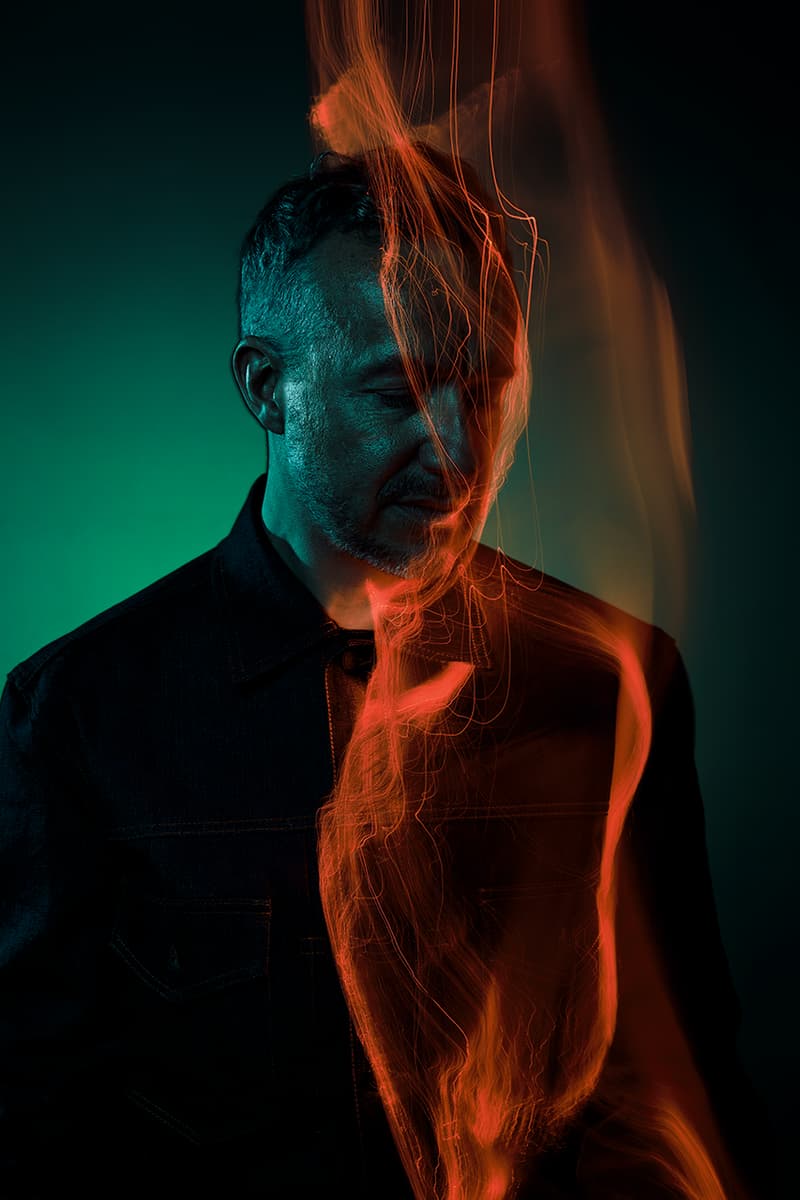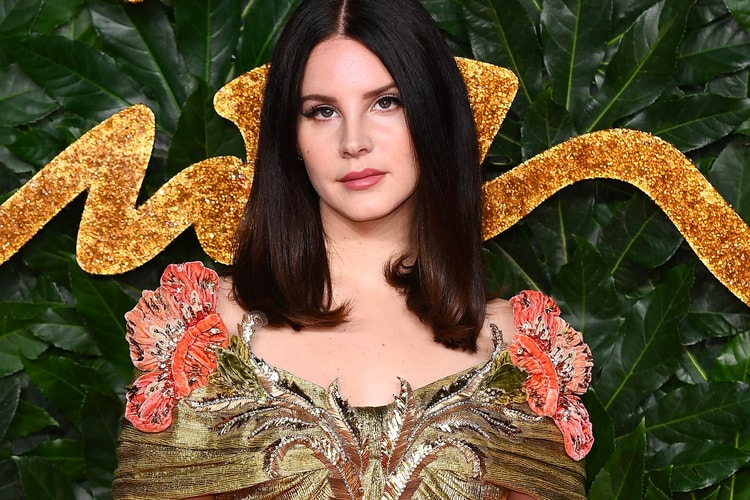Fraser T. Smith’s Next Act
The veteran producer is stepping into the limelight with an ambitious collaborative project.

Fraser T. Smith’s Next Act
The veteran producer is stepping into the limelight with an ambitious collaborative project.
Last year, Fraser T. Smith found himself at a turning point. After a string of highly-acclaimed releases with the great and the good of British music — including credits on Kano’s Made in the Manor, Stormzy’s Gang Signs and Prayers and Dave’s Psychodrama — the producer felt the period that covered these albums was drawing to a close. “I always look at my career in terms of sentences and full stops,” Smith explains, “and after Psychodrama it was definitely a full stop. I felt like this chapter of my career was effectively over.”
Smith felt it was important to go away and start a new chapter of work, something that creatively equaled his years as a producer. “I knew I wanted to put something out there but I wasn’t sure if it was going to be a film or a documentary series or what was going to happen,” he continues. “I knew I had something inside me, but I didn’t want to repeat myself.”
Although he mentions different forms that this project could take, it is perhaps less surprising that Smith ended up releasing an album. While this may be somewhat predictable, the body of work Smith is now set to release is an ambitious statement for any artist. The project will arrive under the name Future Utopia, representing Smith and the various collaborators he has recruited for the album, itself titled 12 Questions. The album features contributors from numerous fields, all of whom try to answer what Smith sees as the most important questions facing society today.
“We all have to feel hope, we all have to feel that future generations will be able to live in a more utopian world than the world we’re living in today.”
“I was super switched into the news, and I was feeling anxious about subjects like AI, inequality, diversity, the environment,” Smith explains. “The more I thought about it the more I thought this was a great opportunity to ask artists and incredible luminaries and activists their thoughts on this. I wanted to actually learn some of the answers from these amazing minds.” 12 Questions features some of Smith’s most-trusted collaborators — Dave, Stormzy, Ghetts and Kano are all involved — as well as unexpected names, not known for their work in music. This list includes actor Idris Elba, set designer Es Devlin and former Black Panther Albert Woodfox, who spent 43 years in solitary confinement until his release in 2016.
“I really wanted to invite people to talk about the concept, to really feel that everybody had a sense of ownership over the questions,” Smith continues, before highlighting the example of Woodfox. “I got on a plane and traveled to New Orleans and sat in his house for two hours. I had the most revealing, life-changing conversation with the man that answered the question, ‘What is the cost of freedom?’ He showed no signs of bitterness and resentment, his strength comes from within, and he decided to make himself free while within that cell.”
The questions that Smith seeks to answer present a potentially leak vision of the future. At various points Smith and his collaborators look at inequality in society, how technology is dividing us and whether or not it is too late to save the planet. Despite this, the name of the project — Future Utopia — was chosen to give a glimpse of hope. “We all have to feel hope, we all have to feel that future generations will be able to live in a more utopian world than the world we’re living in today,” Smith explains of the project’s title. He also highlights the final track, featuring Alysia Harris, which closes the album on a message of faith and defiance.
Smith’s album is a long time in the making; his reflections on the state of society have been building for years and work began on the album itself in a pre-pandemic, pre-lockdown time. In other words, Smith is releasing an album that focuses on the future of the world into a world that is almost unrecognizable than when he started. For Smith, however, the questions he and his collaborators ask are as essential now as they ever were. “I’m listening to lyrics that were made way before all of that and yet they’re still resonating,” he explains. “It still surprises me how on the nose certain things are. That makes the lyrics all the more powerful.”
“I’m listening to lyrics that were made way before [lockdown] and yet they’re still resonating.”
Smith focuses on one track in particular, the early single “Do We Really Care?” Discussing the song’s lyrics, Smith says, “Tia Carys is talking about her experiences, and one of the lines is “Black’s all identical,” and then six months later there’s a story in the paper about Wiley with a picture of Kano instead. So everything resonates in a huge way.”
After decades working behind the scenes, releasing 12 Questions is in some ways Smith’s first foray to the front of the stage. Smith is keen to say that he is not releasing an album for an album’s sake, nor trying to cash in on his association with some of U.K. music’s most important names. “I really hope that it provokes further questions,” he explains, “and that people feel a sense of ownership over the album because they can ask these questions and hear how different generations answer.”
While the concept of the album is what drives Smith, answering some of life’s biggest questions isn’t the only thing important to him. “On a slightly less deep level, I hope people like the beats and some of the chord changes,” he adds. “Hopefully there’s positivity that you feel at the end of it so you can put it on, have a drink and kick back.”


















